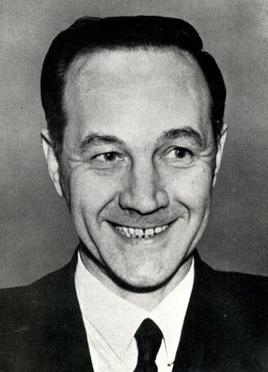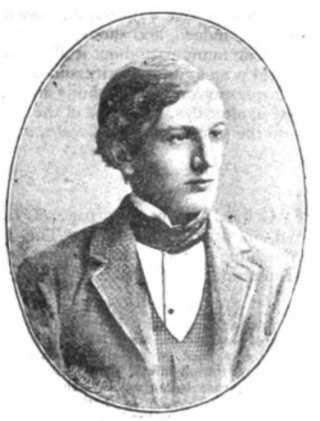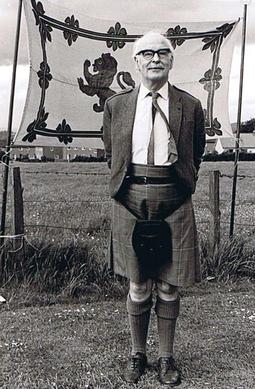Related Research Articles
The Scottish National Party is a Scottish nationalist and social democratic party. The party holds 63 of the 129 seats in the Scottish Parliament, and holds 9 out of the 57 Scottish seats in the House of Commons. It has 453 local councillors of the 1,227 available.
The National Party of Scotland (NPS) was a centre-left political party in Scotland which was one of the predecessors of the current Scottish National Party (SNP). The NPS was the first Scottish nationalist political party, and the first which campaigned for Scottish self-determination.
The Scottish (Self-Government) Party was a Scottish nationalist political party formed in 1932 by a group of members of the Unionist Party who favoured the establishment of a Dominion Scottish Parliament within the British Empire. The Scottish Party differed from the existing National Party of Scotland (NPS) on the grounds that the NPS and the form of Scottish independence it advocated was ambiguous about the Empire, and they also disagreed with the left-of-centre platform of the NPS.

The 79 Group was a faction within the Scottish National Party (SNP), named after its year of formation, 1979. The group sought to persuade the SNP to take an active left-wing stance, arguing that it would win more support, and were highly critical of the established SNP leaders. Although it had a small membership, the group caused sufficient disquiet that it was expelled from the SNP in 1982, although its members were subsequently readmitted and many attained senior positions in the Scottish Government after 2007. Former First Minister Alex Salmond (2007–2014) was a leading member of the group.

Siol nan Gaidheal is a minor Scottish ultranationalist and ethnic nationalist group which describes itself as a "cultural and fraternal organisation".

John MacDonald MacCormick was a Scottish lawyer, Scottish nationalist politician and advocate of Home Rule in Scotland.

The Scots Independent is a monthly Scottish political newspaper that is in favour of Scottish independence. It was formed in 1926 with William Gillies as editor, by the Scots National League (SNL) and switched its allegiance to the National Party of Scotland (NPS) when the SNL joined with them in 1928.
William Gillies was a Scottish socialist and nationalist politician. He helped to form the Scots National League, which joined with other bodies to form the National Party of Scotland, which in turn evolved into the Scottish National Party (SNP).

Ruaraidh Erskine of Marr was a Scottish nationalist political activist, writer and Scottish Gaelic language revival campaigner.
The London Swinton Circle is a long-running British right-wing pressure group. The group states that its purpose is to uphold traditional conservative and Unionist principles.

Scottish nationalism promotes the idea that the Scottish people form a cohesive nation and national identity.

The Irish Unionist Alliance (IUA), also known as the Irish Unionist Party, Irish Unionists or simply the Unionists, was a unionist political party founded in Ireland in 1891 from a merger of the Irish Conservative Party and the Irish Loyal and Patriotic Union (ILPU) to oppose plans for home rule for Ireland within the United Kingdom of Great Britain and Ireland. The party was led for much of its existence by Colonel Edward James Saunderson and later by St John Brodrick, 1st Earl of Midleton. In total, eighty-six members of the House of Lords affiliated themselves with the Irish Unionist Alliance, although its broader membership among Irish voters outside Ulster was relatively small.

The Welsh Republican Movement was a Welsh nationalist political party.
The Northern Council for Unity was an Irish republican political party founded in 1937 by Anthony Mulvey.
Thomas Hill Gibson was a Scottish nationalist political activist.
The Scottish National Movement (SNM) was a political organisation which campaigned for Scottish independence in the 1920s. It amalgamated with other Scottish nationalist bodies in 1928 to form the National Party of Scotland.

William Oliver Brown was a Scottish nationalist political activist.
Wilhelmina Allison Campbell was a Scottish nationalist activist.
There was an election to choose a new leader of the Scottish National Party (SNP) held in 1979. The election saw Gordon Wilson become the party's new national convenor.
References
- ↑ Peter Barberis; John McHugh; Mike Tyldesley (2005). Encyclopedia of British and Irish Political Organizations. Bloomsbury. p. 395.